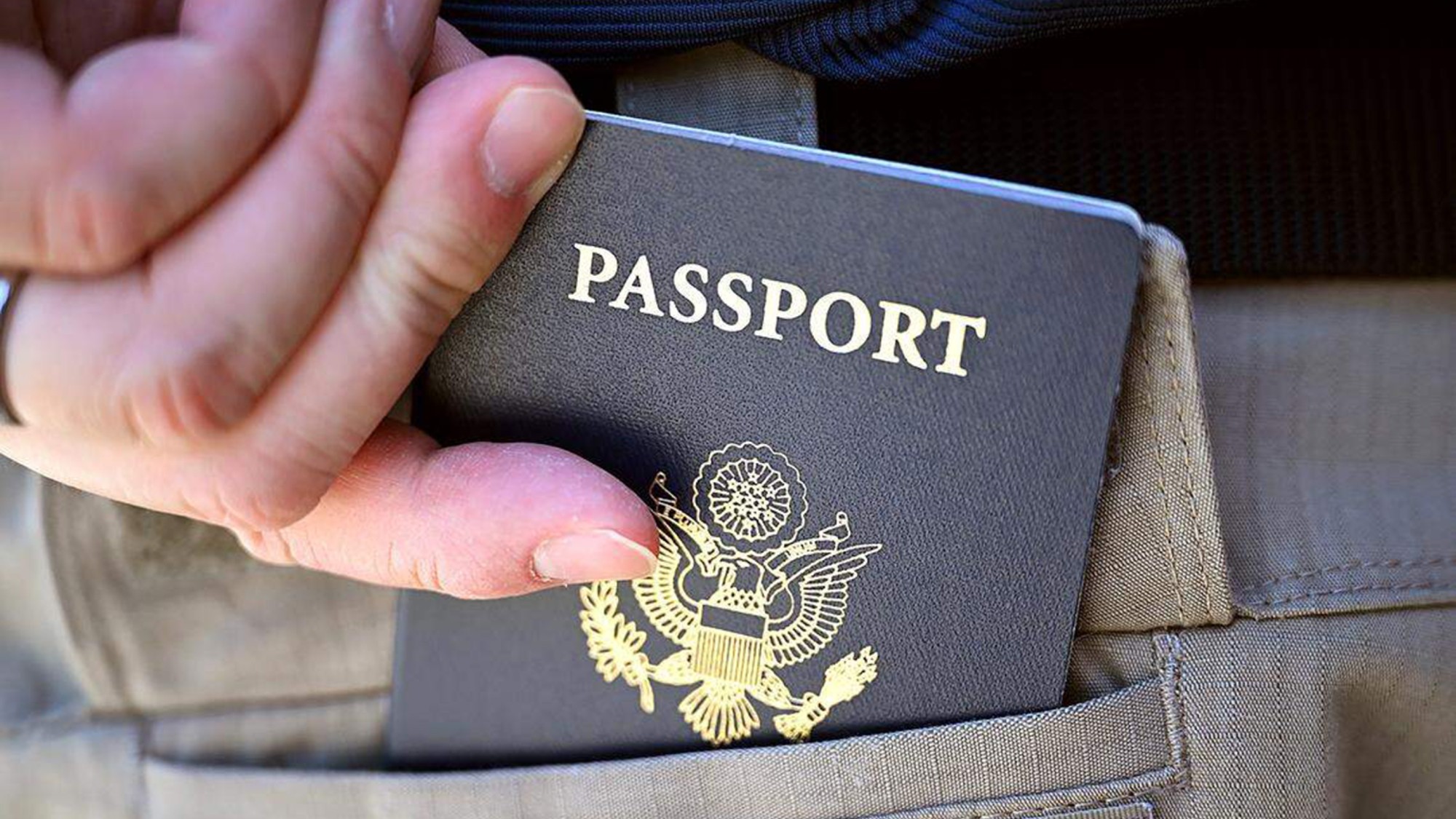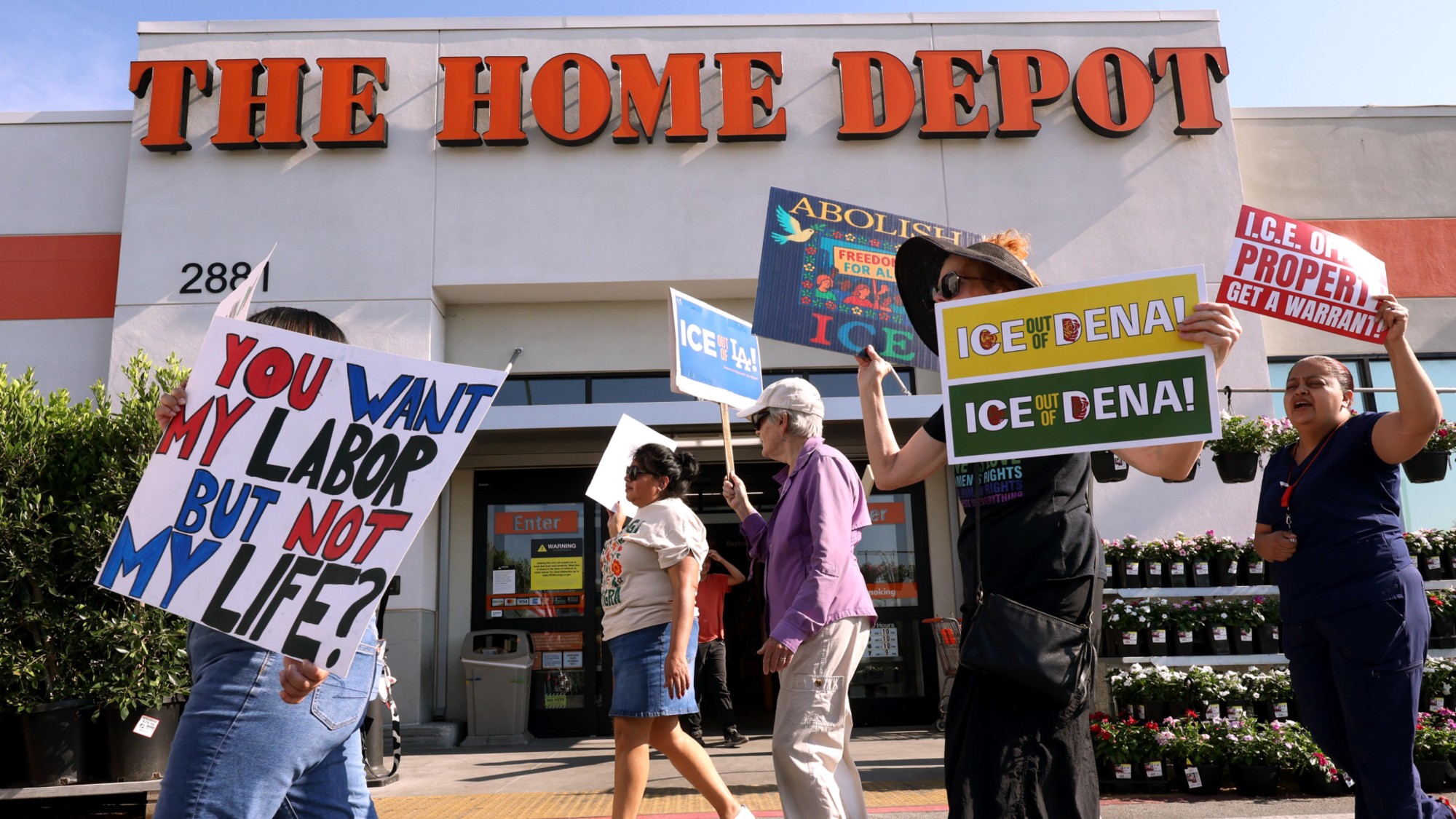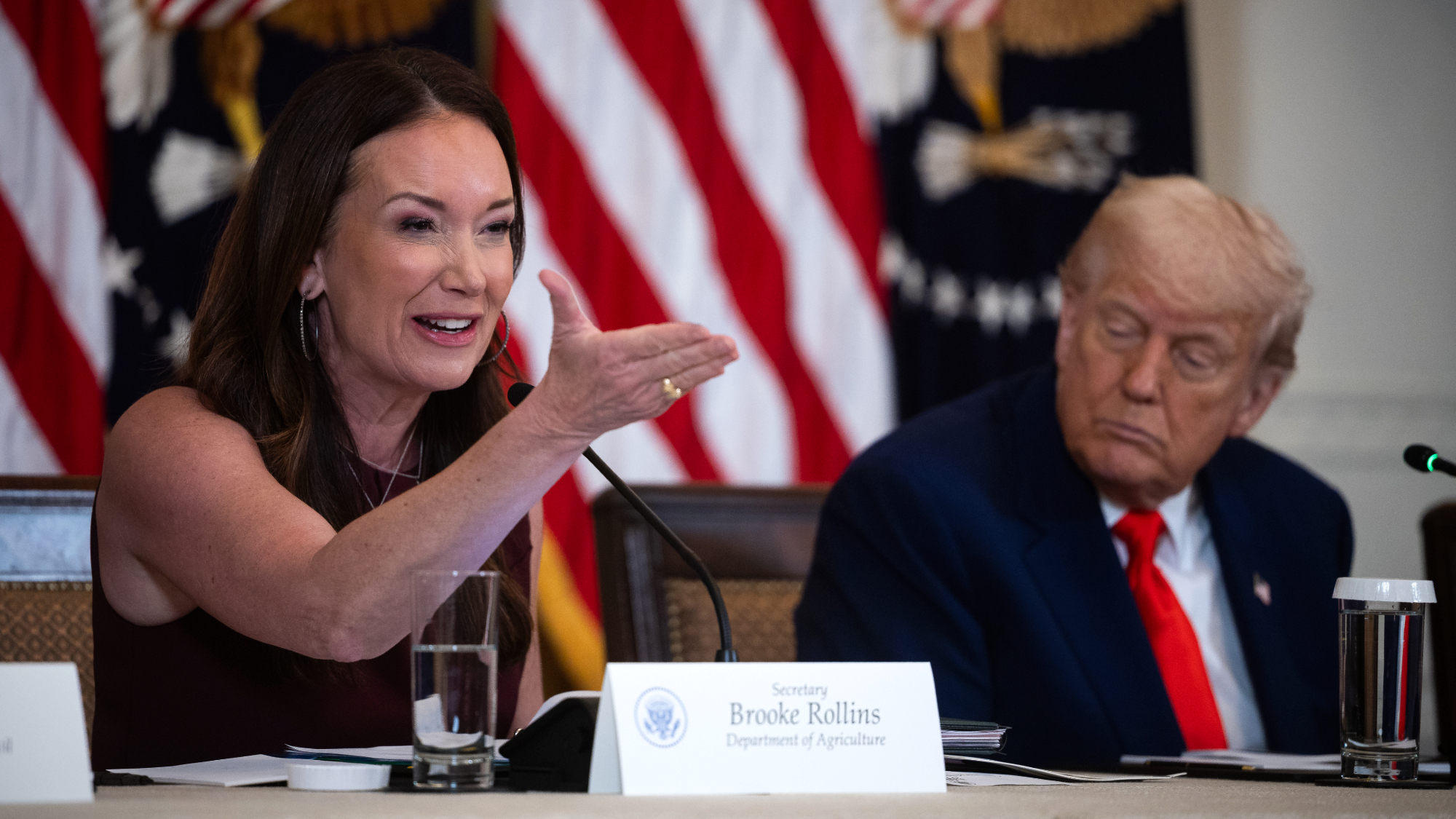Labour's immigration plans: tough action or Tory-lite?
Yvette Cooper says the government is aiming to deport 14,500 illegal migrants in the next six months

A free daily email with the biggest news stories of the day – and the best features from TheWeek.com
You are now subscribed
Your newsletter sign-up was successful
Yvette Cooper is facing a significant backlash over the government's latest plans to combat illegal migration to the UK, which include ramping up deportations to levels not seen since 2018.
The home secretary has unveiled proposals to expand immigration detention centres. The Labour government is aiming to deport more than 14,500 illegal migrants within the next six months – "a higher rate than at any time since 2018", when Theresa May was prime minister, said The Telegraph.
The expansion includes the creation of nearly 300 additional places at "two controversial immigration removal centres". Up to 100 new specialist intelligence and investigations officers will also be recruited to the National Crime Agency (NCA) to collaborate with European agencies in targeting people-smuggling networks.
The Week
Escape your echo chamber. Get the facts behind the news, plus analysis from multiple perspectives.

Sign up for The Week's Free Newsletters
From our morning news briefing to a weekly Good News Newsletter, get the best of The Week delivered directly to your inbox.
From our morning news briefing to a weekly Good News Newsletter, get the best of The Week delivered directly to your inbox.
'Backwards step'
Critics have called the plans "a waste of taxpayer money", claiming they "lack detail", said The Independent. Labour has also been accused of failing to recognise "the dignity and humanity of migrants", a particular concern "in the wake of recent racist riots that targeted hotels housing asylum seekers across the country".
The decision to reopen two controversial centres – Campsfield House in Kidlington, Oxfordshire, and Haslar in Gosport, Hampshire – has been described as a "backwards step"; both sites were closed after being "plagued with problems" including hunger strikes and suicides.
But while "successfully articulating a new position for Labour on migration" may prove difficult, Prime Minister Keir Starmer "does has one advantage at this point in his premiership", said Politico's Esther Webber.
“People might have low expectations of this government,” Luke Tryl, director of polling firm More in Common, told Webber, “but they definitely want him to give it a shot, and they want him to succeed.”
A free daily email with the biggest news stories of the day – and the best features from TheWeek.com
'Reheating' Conservative rhetoric
Amnesty International's refugee and migrant rights programme director, Steve Valdez-Symonds, has described the plans as a "reheating" of old Conservative messaging on border security.
"People in urgent need – including those fleeing war and persecution in places like Sudan, Afghanistan, Syria and Iran – will keep coming to the UK and other countries, and the government needs to establish safe routes that reduce the perils of dangerous border crossings and the risk of exploitation by ruthless smuggling gangs," he told The Independent. He warned that a "securitised" approach could deter genuine asylum seekers from seeking refuge.
"Labour appears to have already started falling into the same tired old routine as the Conservatives did by now announcing policies focused purely on enforcement and increased immigration detention," said Daniel Sohege in Big Issue. Yet these types of policies "have been shown repeatedly not to work".
Labour's "tough posturing" on immigration is an attempt to get ahead of figures set to be released this week. These are likely to show a continuing trend that has seen numbers of migrant doctors, nurses and care workers go down, but the numbers arriving in small boats remain high, said migration policy expert Zoe Gardner in Metro.
"But like the last government found to their electoral peril, they have misjudged what ordinary people really want from our immigration system." Labour voters "don't consider immigration a priority", said Gardner. And ultimately, the people who put Yvette Cooper into the Home Office "want to move away from the failed hate-fuelling policies of the past, towards humane and evidence-based management of immigration flows".
Sorcha Bradley is a writer at The Week and a regular on “The Week Unwrapped” podcast. She worked at The Week magazine for a year and a half before taking up her current role with the digital team, where she mostly covers UK current affairs and politics. Before joining The Week, Sorcha worked at slow-news start-up Tortoise Media. She has also written for Sky News, The Sunday Times, the London Evening Standard and Grazia magazine, among other publications. She has a master’s in newspaper journalism from City, University of London, where she specialised in political journalism.
-
 Sepsis ‘breakthrough’: the world’s first targeted treatment?
Sepsis ‘breakthrough’: the world’s first targeted treatment?The Explainer New drug could reverse effects of sepsis, rather than trying to treat infection with antibiotics
-
 James Van Der Beek obituary: fresh-faced Dawson’s Creek star
James Van Der Beek obituary: fresh-faced Dawson’s Creek starIn The Spotlight Van Der Beek fronted one of the most successful teen dramas of the 90s – but his Dawson fame proved a double-edged sword
-
 Is Andrew’s arrest the end for the monarchy?
Is Andrew’s arrest the end for the monarchy?Today's Big Question The King has distanced the Royal Family from his disgraced brother but a ‘fit of revolutionary disgust’ could still wipe them out
-
 Businesses are caught in the middle of ICE activities
Businesses are caught in the middle of ICE activitiesIn the Spotlight Many companies are being forced to choose a side in the ICE debate
-
 US citizens are carrying passports amid ICE fears
US citizens are carrying passports amid ICE fearsThe Explainer ‘You do what you have to do to avoid problems,’ one person told The Guardian
-
 Asylum hotels: everything you need to know
Asylum hotels: everything you need to knowThe Explainer Using hotels to house asylum seekers has proved extremely unpopular. Why, and what can the government do about it?
-
 Home Depots are the new epicenters of ICE raids
Home Depots are the new epicenters of ICE raidsIn the Spotlight The chain has not provided many comments on the ongoing raids
-
 How should Keir Starmer right the Labour ship?
How should Keir Starmer right the Labour ship?Today's Big Question Rightward shift on immigration and welfare not the answer to 'haemorrhaging of hope, trust and electoral support'
-
 The census: Why Trump wants a new one
The census: Why Trump wants a new oneFeature Donald Trump is pushing for a 'Trumpified census' that excludes undocumented immigrants
-
 Trump tells ICE to hit blue cities, spare farms, hotels
Trump tells ICE to hit blue cities, spare farms, hotelsSpeed Read Trump has targeted New York City, Chicago and Los Angeles among other cities
-
 Is Starmer's plan to send migrants overseas Rwanda 2.0?
Is Starmer's plan to send migrants overseas Rwanda 2.0?Today's Big Question Failed asylum seekers could be removed to Balkan nations under new government plans